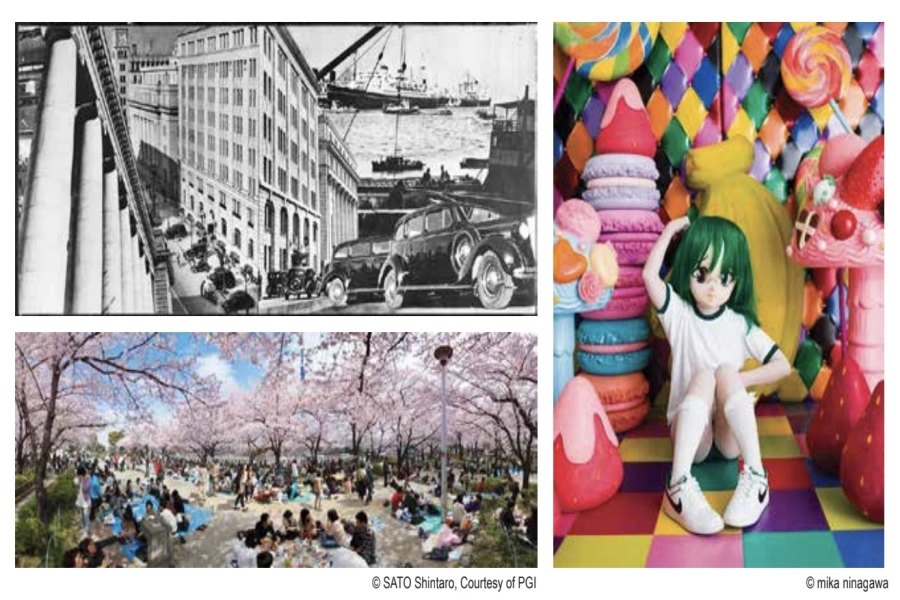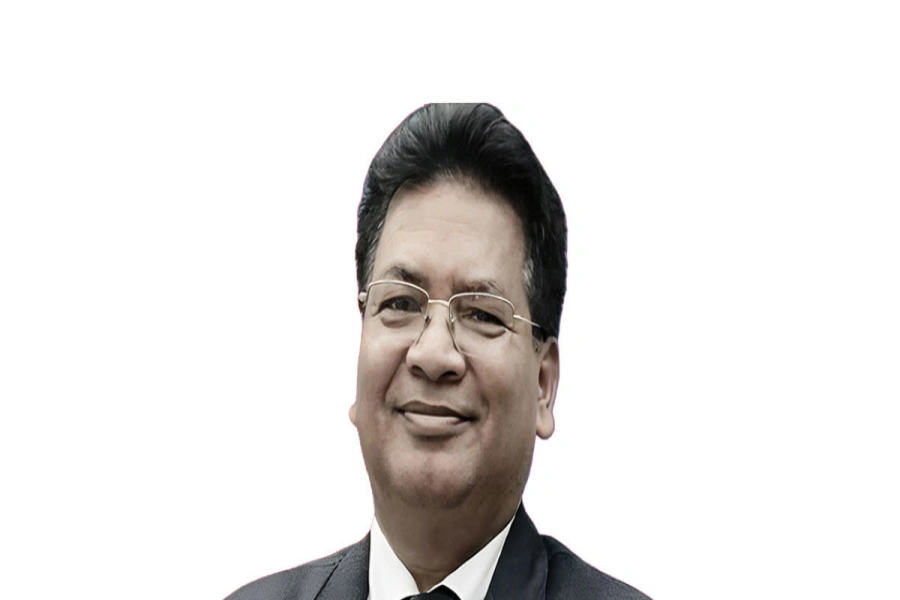Romantic love is side effects of dissolution of feudal society and emergence of market capitalism, individualism and individual property
With maturity and experience I can say that falling in love is a temporary madness. Romantic love is an altered state of consciousness. Lovers are possessed by an alien force taking over their hearts. At a certain age, lovers display emotions by offering gifts like flowers, chocolate and greeting cards.
They use phrases such as ‘I love you,’ ‘you are mine’, ‘I can’t live without you’, ‘we are made for each other,’ or engage in physical activities like hugging, kissing and lovemaking to express love. This is so more about romantic love, which is different from other forms of love. Love for parents, children siblings or friends are not usually thought of as compelling, overwhelming, uncontrollable, inexplicable and ecstatic.
Two years back I was making presentation on “Even Sociologists Fall in Love” by Stevi Jackson and “Love and Capitalism” by Alan Macfarlane. I was asked by Professor Chiatanya Mishra: Is romantic love byproduct of social and cultural phenomenon? I said: “Romantic love is byproduct of change in hormone and it is biological.” Dr Mishra said: “If romantic love happens due to hormone change or biological need why don’t you fall in love with your own sisters or even with your own blood relation?” I could not answer him.
According to Alan Macfarlane the biological urge to mate, based on deep attraction between males and females is universal but the way in which culture encourages, uses, or discourages it varies enormously. For example, in Islam culture allows getting married or falling in love between siblings but Hindu culture prohibits it.
In majority of societies, marriage and individual sentiment are not connected. Marriage is mostly arranged. In the west, love is a precondition for marriage.
Falling in Love

What is love?
Love is in essence indefinable, mysterious and outside of rational discourse. Its meaning cannot be communicated in precise terms. Social theorists accept this and argue that love is culturally constructed. They endorse the link between romantic love and marriage. The idea that the former is a necessary condition for the latter has frequently been identified by anthropologists and historians as well as sociologists. Love between men and women as the basis of marriage is a central feature of modern industrial society.
Love to marriage was a relatively recent invention, probably occurring about the same time as rise of modern industrial civilization in Western Europe and Northern America, probably around second half of the 18th and first half of the 19th century.
Thus we can say that romantic love is side effects of dissolution of feudal society and emergence of market capitalism, individualism and individual property.
In peasant societies, marriage is largely arranged by by kin or other groups. Personal feelings of young couple are not taken into account. Marriage is guided by ethical as well as social system and sexual relations outside marriage are considered a serious offence.
In Nepal pre-marital sex is regarded as unethical. According to Robert Redfield, “not many societies have been able to afford some approximation of romantic love as realized in marriage and peasant societies are certainly not among them.” The romantic love may be seen as appropriate even necessary in a society where external pressures or permanent unions through kinship are largely absent. In such society, love affairs occur before and outside marriage, but marriages are arranged.
Different experience
Even the experience of love between male and female is also different. Simone de Beauvoir’s essay “The Women in Love” in her book The Second Sex describes her theories of men and women in love. She talks about authentic and unauthentic love. De Beauvoir suggests that love is totally different experience for men and it does not have much to do with biological difference between the sexes but social construct.
Woman experience love as a total devotion to the man she loves, while a man experiences love as a less intense or “no more than a passing crisis”. Women invest far more in love and they give far more affection to men than they receive in return. Love is also seen as making women vulnerable even hurting experience.
Love makes one feel he has found the soul mate. But there is actually no one perfect match. Sometimes we want a harmonious unity so much that we resort to possessiveness or submissiveness in an attempt to force it. Yet, trying to control or manipulate others is like hijacking their freedom. That’s disrespectful at best and oppressive at worst. Authentic love must be founded on reciprocal recognition of two freedoms. Neither would abdicate transcendence, they would not mutilate themselves either. Together they both reveal values and ends in the world.
After reading “Even Sociologist Fall in Love” and “Love and Capitalism” I have come to the conclusion that reason for romantic beliefs and experiences is not genetic or due to hormonal change. It is controlled by common socio-cultural system existing around us.
Social side
Love is social and cultural because the script for love has already been written and is being continually recycled in all the love songs, poems and love stories of literature and movies. It might be hard to accept that the way we come to express love is a product of our socialization.
Practically everything we know about how to love comes from a variety of agents of socialization such as family, friends, media, and even religious doctrines. Love and marriage is byproduct of social and cultural practice.
Love is alluring because it is everywhere and has a significant impact on our culture, society and lives. But we can know relatively little about what it actually means. Love is not something we can ‘know’. We have to investigate how it is represented socially and culturally.
Valentine’s Day originated from the West to honor Saint Valentine. Today it is celebrated globally. It is not limited to Christianity. The script for Valentine’s Day has been already written by capitalists. Lovers are following their prescription. Love is becoming commercial globally. I hope lovebirds celebrating the occasion today would reflect on this reality as well.
The author is sociologist and women empowerment self defense trainer
girithezorba@gmail.com







































